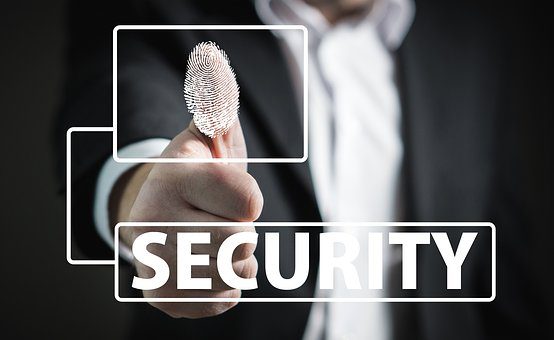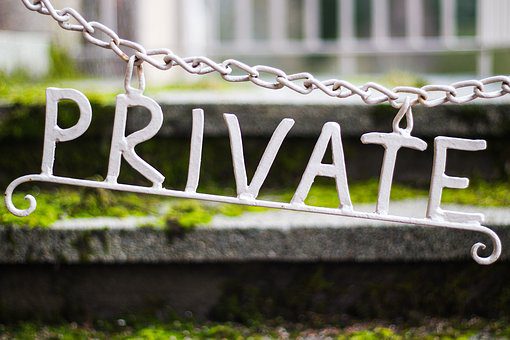Simple Ways to Protect Your Privacy Online
We often discuss our role in assisting businesses to maintain compliance for privacy rules, specifically companies in the medical and dental field with HIPAA laws. While helping businesses protect client data, we often are asked about the “other side of the coin” - how clients and consumers can do their part in preserving their own privacy online.
While we don’t want to alarm consumers, it is amazing the amount of personal information that many companies have collected on the American public. Think about the number of times you have filled out a credit card application, paid a bill online, or answered a questionnaire with your email address. Your personal information is out there unless you somehow live completely off the grid. It is just a matter of how you protect it in the future that you can control at this point.

Be Picky With Your Social Security Number
Unless you are dealing with your bank, credit bureau, or someone doing a credit check on you for financial reasons, you should be extremely choosy about to whom you give your social security number. In other words, don’t give it over the phone for identification purposes. Once that number, paired with your email or other personal information is obtained, a false identity can be created, leaving you with a world class headache. Even giving out the last four digits is risky.
Stop Sharing Personal Info on Social Media
It is so tempting to fill out those fun forms, games and background information on Facebook, but don’t do it! The more information you put out there, the easier it is for someone with malicious intent to piece together a profile on you.
Use Two-Factor Authorization
Make it that little bit harder to access your account by using two-factor authentication on things like your Facebook account, Google, Apple ID, Twitter, and other accounts that allow for it. This means that when someone tries to log in as you, they need a code that goes to that person’s phone or device. Some services require this code every time you log in while others only need it when you are on a new device.

Use Strong Passwords
Along with using two-factor authentication on your accounts, try to also create strong passwords. Some people find that using a password manager helps create and store all of your passwords so your accounts are kept secure. LastPass and 1Password are great choices.
Set Up a Google Alert for Your Name
We have all “Googled” ourselves at one point to see what shows up. Doing it every day to make sure your name, credit card number, or email isn’t being used in a bad way is an impossible feat. Thankfully, it is pretty easy to set up a Google Alert to search for your name and email. It will alert you if is mentioned or used and you can evaluate to see if it is genuine or malicious.
Do you need help with securing data or files for the privacy of your clients? Many companies recognize that data breaches can destroy a business. Taking the right precautions both personally and in business can be overwhelming but we can help you with securing privacy in all areas. Contact Spectra Networks for help. Call us at 978.219.9752 or visit our website.
